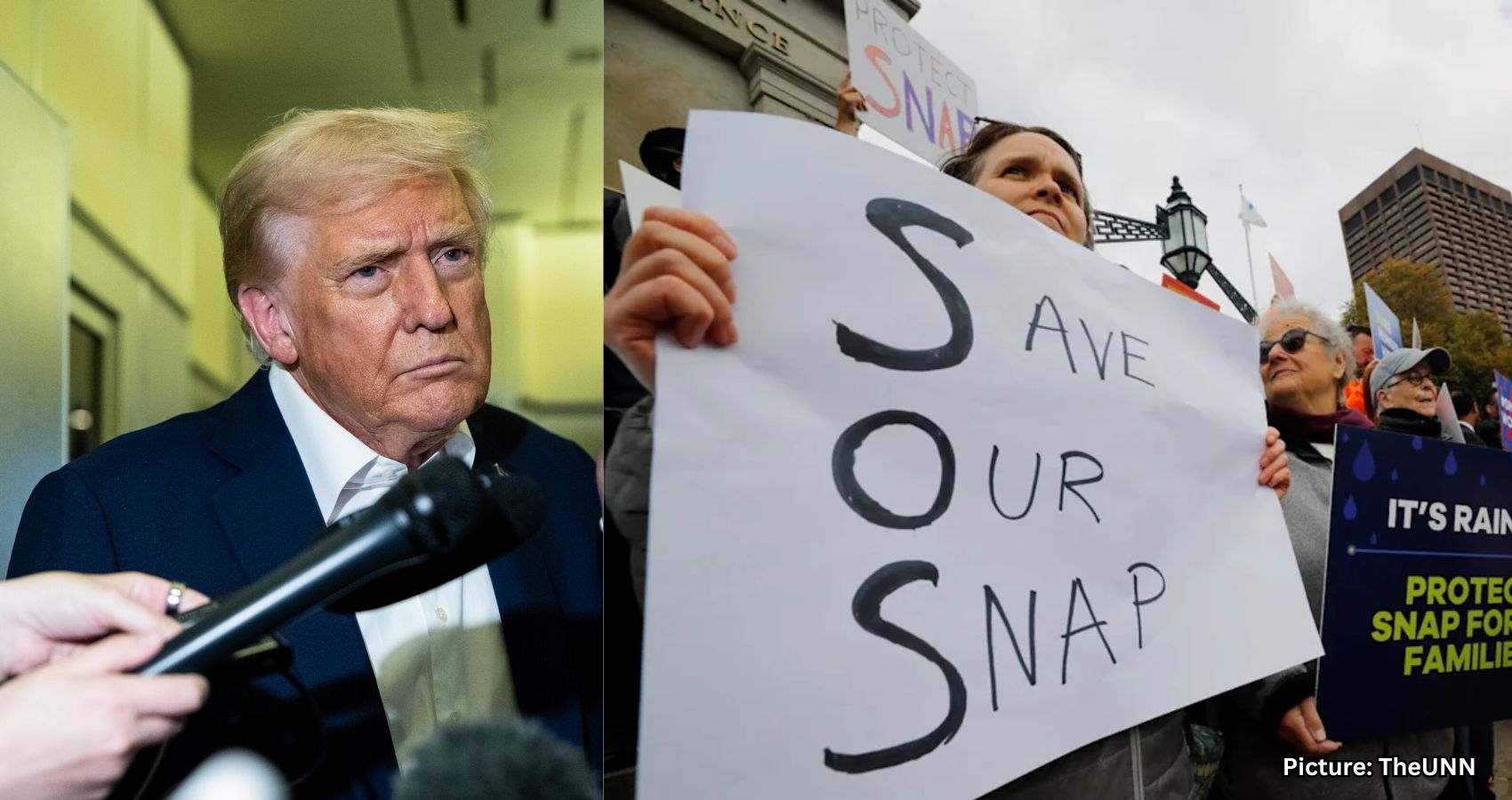The Trump administration faces a lawsuit from a coalition of states over the impending suspension of SNAP benefits amid a government shutdown that could cost the nation $14 billion.
The Trump administration is facing significant legal challenges as a coalition of Democratic-led states has filed a lawsuit over the impending suspension of Supplemental Nutrition Assistance Program (SNAP) benefits. This action comes amid a government shutdown that is projected to cost the nation an alarming $14 billion, according to reports from Reuters.
The lawsuit, initiated on Tuesday in federal court in Boston, aims to prevent what would be a historic lapse in food aid for millions of Americans. The suspension of SNAP benefits is set to begin on November 1, coinciding with the ongoing government shutdown.
Massachusetts Attorney General Andrea Joy Campbell emphasized the urgency of the situation in a social media post. “The federal government has the money to continue funding SNAP benefits — they’re choosing to harm millions of families across the country already struggling to make ends meet,” she stated.
This legal action challenges the U.S. Department of Agriculture’s (USDA) decision not to utilize $6 billion in contingency funds designated for SNAP, which typically costs around $8 billion monthly to operate. The program provides essential food assistance to approximately 41 million Americans, relying entirely on federal funding.
With Congress failing to pass a budget by the October 1 deadline, the USDA announced that no SNAP payments would be issued beginning November 1, citing the depletion of emergency contingency funds. This pause in benefits is expected to disproportionately impact vulnerable populations, including children, seniors, and individuals with disabilities, as well as low-income households that depend on SNAP for their nutritional needs.
States like Illinois and Texas have already warned residents about potential shortfalls in food assistance, and food banks across the nation are preparing for an increase in demand as the situation unfolds.
The lawsuit argues that the suspension of benefits is arbitrary and violates existing laws and regulations governing the SNAP program. According to the Food and Nutrition Act of 2008, assistance must be provided to all eligible households. New York Attorney General Letitia James expressed her concerns, stating, “Millions of Americans are about to go hungry because the federal government has chosen to withhold food assistance it is legally obligated to provide.”
This legal challenge arises during a government shutdown that may persist for an extended period. Senate Democratic leader Chuck Schumer indicated on Tuesday that the 28-day shutdown could extend into November, coinciding with a time when millions of Americans face rising health insurance costs due to expiring Affordable Care Act tax credits. This situation is expected to increase pressure on lawmakers to resolve the ongoing impasse.
Schumer remarked, “On November 1, people in more than 30 states are going to be aghast — aghast — when they see their bills, and they’re going to cry out. And I believe there will be increased pressure on Republicans to negotiate with us.”
The lawsuit is spearheaded by the attorneys general of Massachusetts, California, Arizona, and Minnesota. They argue that the contingency funds should be utilized when necessary to ensure the continuity of program operations.
If successful, the lawsuit could compel the federal government to resume funding for SNAP, thereby ensuring that low-income families, seniors, and children continue to receive critical nutritional support. Beyond the immediate implications for food security, this legal action highlights the broader tensions between federal agencies and state governments when essential services are disrupted.
The case also underscores how political gridlock at the federal level can have direct consequences for millions of vulnerable Americans, including children, seniors, and low-income families who rely on SNAP for their basic nutritional needs. Furthermore, it sets a potential precedent for state intervention when federal agencies fail to meet their statutory obligations, emphasizing the legal and moral responsibilities of the government to safeguard public welfare.
This lawsuit not only seeks to protect those who depend on SNAP but also serves as a reminder of the far-reaching effects of political disputes on essential social programs.
Source: Original article

